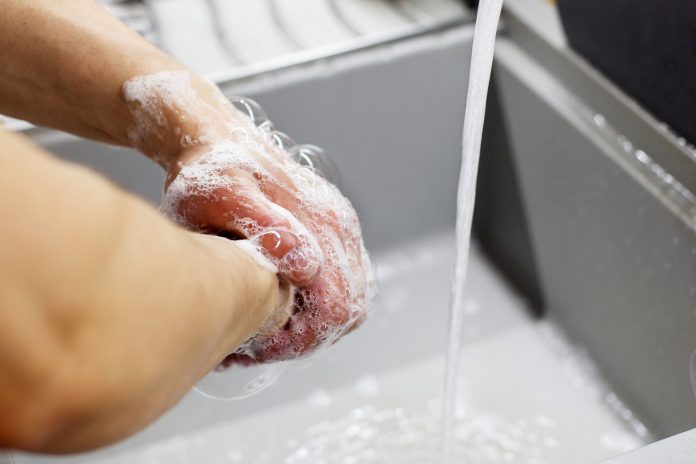While the easing of Covid-19 restrictions is a welcome relief for many, we are warned not to let our guards down or get complacent as we reintegrated into society.
“Being double vaccinated against the virus does indeed provide you with a level of protection; however, Aussies need to be more vigilant than ever,” says Scott Huntsman, founder, and CEO of ALL CAST PPE.
“Being vaccinated doesn’t stop you getting Covid and nor does it stop you from getting sick and dying, it just reduces the likelihood of that happening,” says Mr Huntsman.
Mr Huntsman provides his top tips on how to reduce the risk of getting Covid-19 while out and about at shopping centres and other locations.
Wear a good quality mask
“Wear a high-quality Level 3 mask that is made in Australia. Unfortunately, some businesses are still selling masks that purport to be Australian made, but they are not. They are simply imported and packaged in Australia. These masks are low quality and provide little protection.
“Only wear the mask as per instructions and don’t reuse it. Mystery cases are called mystery cases because we can’t figure out how people contracted Covid. Unfortunately, poor hygiene and lax mask wearing is often to blame.”
Keep your distance
“It can be hard to keep your distance when shopping, especially at the moment as shopping centres are crowded.
“Shop at times when there are less people around. Be vigilant with your personal space, stay away from people and indicate to people if you feel they are encroaching on your space. Stay away from places where venues are making little effort to keep people at a safe distance.”
Be aware of ventilation
“Poor ventilation is a contributing factor to the spread of Covid.
“Covid-19 moves through the air in droplets waiting to be inhaled by someone not correctly wearing a mask. Retail venues and others are required to have sufficient ventilation to ensure clean air is pumped into areas.
“Fans should not be pushing air into people’s faces, nor should air conditioning units be set to recirculation only of air. If you have any concerns regarding the quality of the air, leave the space.”
Avoid high touchpoints
“High touchpoints are areas that people are likely to touch such as railings, lift buttons, shopping trolleys, door handles, countertops, bathroom taps, cashier equipment.
“Avoid touching any of these things unless you absolutely have to and ensure you sanitise your hands immediately before and after coming into contact with them.
“Retail and other environments are supposed to be wiping down high touch points every 30 minutes as per Covid-19 guidelines. I have been to plenty of venues where this is not happening. If you see unsafe practices happening, report them.”
Sanitise often
“Even if you haven’t touched anything, sanitise often anyway.
“You’d be surprised how easy it is to touch something without even thinking about it – a dress hanger at the store, a price tag at the supermarket, a menu at a café.
“Bring a travel-sized hand sanitiser with you at all times. You can also buy small-sized bottles of sanitisers for hard surfaces in the form of sprays or wipes. If you go to a café or a restaurant, wipe down the table surfaces and even the menu.
“If you are out and about shopping using your credit card, hold your card just above tap and go the payment machine so you don’t touch it with your card. If you do, wipe down your card.
Mr Huntsman states that after the two years we have had it is understandable that people are keen to get back to normal.
As the days go by, and more and more restrictions are lifted, we get more and more of our sense of selves back. We can look forward to meeting our loved ones again, many of whom we have not seen for a long time.
“It is only natural that we crave that human connection,” says Mr Huntsman.
“But we should also be mindful to do it in a safe and responsible way. Wearing a mask should continue to be a staple as we move forward.”









